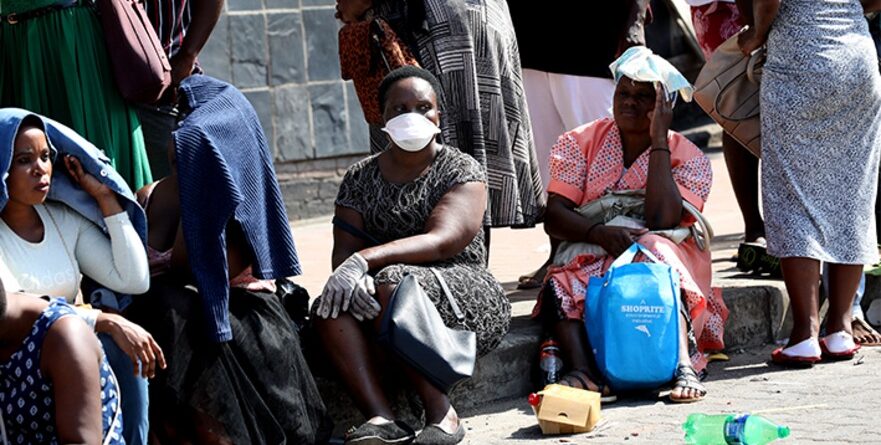Retired women in South Africa carry a huge burden of poverty
South Africa’s president, Cyril Ramaphosa, recently acknowledged that “South Africa needs a new consensus to deal with poverty, unemployment and inequality”.
Despite the government’s efforts to address poverty through the provision of state grants, it’s still on the rise. In 2020, it was reported that half of the population was experiencing hardships that have pulled individuals and households into poverty.
Even before the COVID-19 pandemic, the South African economy had been growing very slowly, with high rates of unemployment and increasing food prices. The poverty status of South Africans has been further aggravated by the pandemic, with 1 million people forecast to experience poverty as a result.
Retirees living off less than 16% of their pre-retirement salaries have been among those hit the hardest, despite access to state pensions. The number of retirees at risk of poverty is growing, making them three times more likely to experience poverty than any other age group.
And within the retiree cohort, women suffer the most. Female retirees are additionally disadvantaged because of the economic inequality they experience prior to retirement. For example, women make up the largest group of low-paid employees, they face unequal labour market opportunities and have family care responsibilities.
Poverty is multidimensional and complex. But prior studies advocate that perceptions of marginalisation, social exclusion and experiences of resource deprivation are better understood through looking at women’s circumstances and living conditions. By understanding how women perceive their circumstances, we are better informed about how they navigate, negotiate and manage their lives.
To understand poverty through a gendered lens, my research focused solely on retired women’s perceptions of poverty. I set out to explore whether retired South African women perceived themselves to be impoverished.
Read more @The Conversation
236 views










